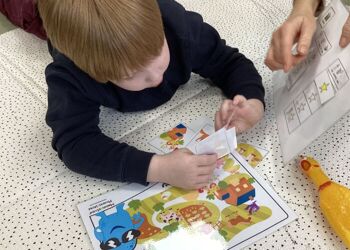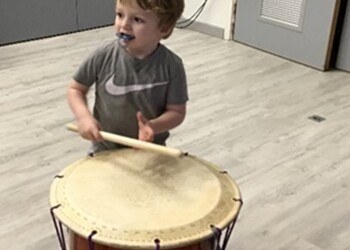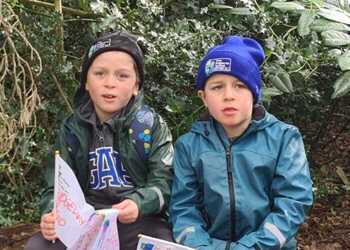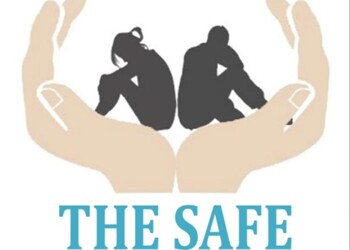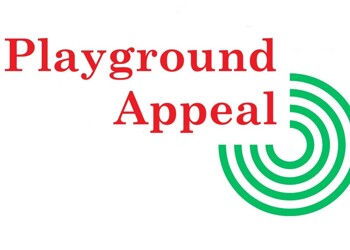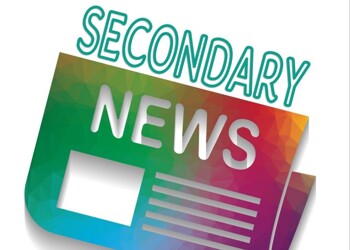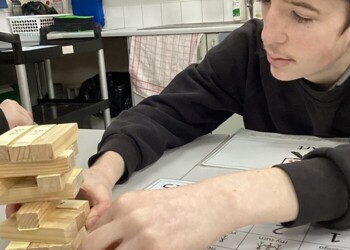 13/02/2025
13/02/2025Intent; Progression of Knowledge & Skills
How is our learning designed?
The development of knowledge and skills is framed within our Pre-Formal and Semi-Formal pathways. These pathways scaffold progression within the curriculum and are designed to follow the trajectory of developmental learning from birth to five, whilst ensuring that each individual is challenged appropriately to achieve their full potential. However, whilst it is set out in a linear format, learners at The Ridgeway rarely learn in a linear way and therefore, the curriculum is designed to layer learning and support small step progress.
Learning is child centred and promotes an individual journey that includes:
Personal Outcomes: Priority areas as identified within the EHCP and in response to the developing needs of our young people.
Thinking Skills: A range of metacognitive skills that our learners require to interact with the world around them, problem solve, and they therefore enable new knowledge to be explored and secured. This is a unique curriculum that underpins all learning. By improving the pupils Thinking skills, we can increase their confidence and independence, which in turn leads to greater self-esteem. With greater self-esteem and confidence comes an increase motivation to interact and communicate and through communication we can start to assert our independence, to have a purposeful voice.
Knowledge Progression: The sequence of knowledge acquisition reflects the cognitive start points of our learners and focuses on the core learning that is required for individuals to access the wider world effectively and as independently as possible. Core knowledge is identified within Communication, Early Awareness, Literacy, Mathematics, PSHE and Understanding the World (Science). This core knowledge is embedded across the curriculum and provides a focus alongside Thinking Skills to support individual progress. Where appropriate, knowledge can be extended into our “Challenge Curriculum” which aligns learning to the Year 2 National Curriculum expectations.
Depth of Learning: To ensure that small step progress is both recognised and celebrated, depth of learning is used to identify how independent the learner is and how generalised a skill or knowledge item is.
This learning is then delivered through a rich thematic cycle of experiences that ensures that all learners access a breadth of opportunity whilst also enabling them to revisit experiences to secure and enhance their understanding. These experiences are the vehicles for the above layers of learning to take place.
The curriculum has been matched to nationally recognised curriculum frameworks and assessment tools.
Curriculum Progression Overview -> PDF Document
Thinking Skills Progression
Pre Formal Thinking Skill Progression Map -> PDF Document
Semi Formal Thinking Skill Progression Map -> PDF Document
Knowledge Progression
Pre Formal
Early Awareness Knowledge Map -> PDF Document
Communication Knowledge Map -> PDF Document
Semi Formal
Literacy
Literacy Knowledge Maps -> PDF Document
Mathematics
Mathematics Knowledge Maps -> PDF Document
PSHE & RSE
Sense of Self & My Lifestyle -> PDF Document
Understanding & Making Relationships -> PDF Document
Understanding & Managing Emotions -> PDF Document
Understanding the World
People and Communities -> PDF Document
Challenge Mapping

